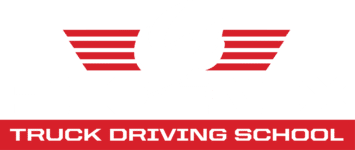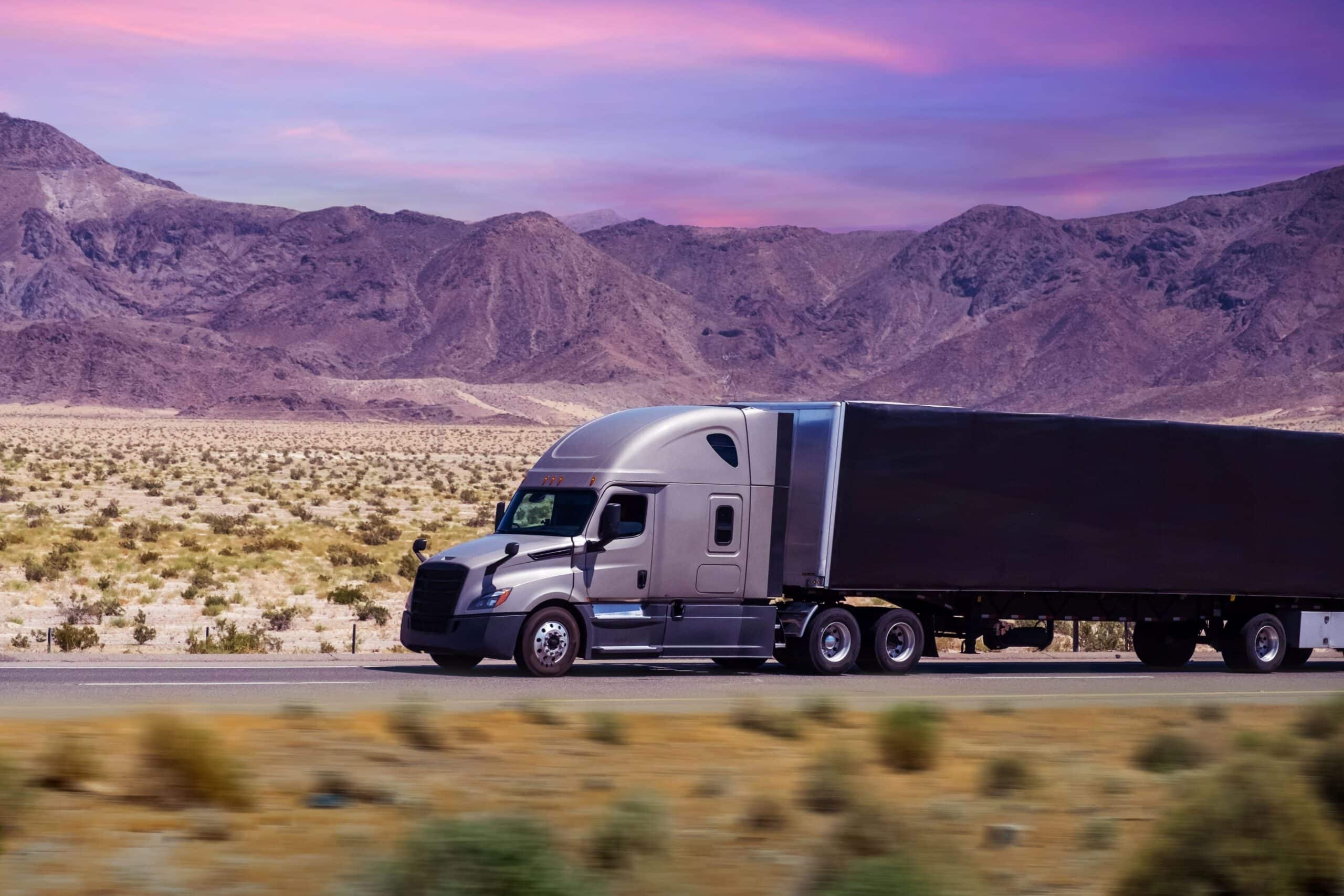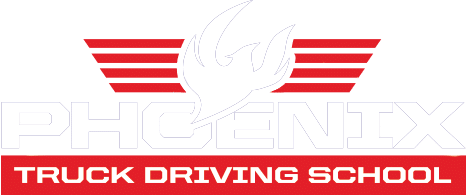Transitioning from a day job to a trucking career can be a life-changing decision. Trucking offers stability, great earning potential, and the chance to travel while working. Whether you’re stuck in a job you don’t love or simply looking for a fresh start, the trucking industry can open doors to a fulfilling new path. This guide will help you take the first steps toward making this transition smoothly.
Assess Your Current Situation
Before diving into trucking, evaluate your current job and lifestyle.
Ask yourself:
- Why do I want to leave my current job?
- What do I want from a trucking career?
- Am I ready for the commitment required to get a commercial driver’s license (CDL)?
By understanding your goals and motivations, you can build a clear plan to make the shift.
Research the Trucking Industry
Next, learn as much as you can about the trucking world.
This includes:
- Types of Trucking Jobs (local, regional, over-the-road)
- Average Pay and Benefits
- Lifestyle Changes (e.g., time on the road, schedule flexibility)
Trucking isn’t just a job—it’s a lifestyle. Knowing what to expect will help you prepare for the changes ahead.
Plan Your Education and Training
To start a career in trucking, you’ll need a CDL. Research local truck driving schools, like Phoenix Truck Driving School, that offer flexible programs to fit your schedule. A good CDL program will teach you the skills needed to pass your CDL exam and prepare you for life on the road.
Budget for the Transition
Switching careers often comes with upfront costs. These may include tuition for truck driving school, licensing fees, and living expenses if you need to take time off work for CDL training. Create a budget that accounts for these costs so you can transition smoothly without financial stress.
Gain Experience
Once you have your CDL, consider starting with an entry-level position to gain experience. Many trucking companies offer training for new drivers and competitive benefits. Over time, you can advance to higher-paying routes or even specialize in areas like hazmat or flatbed trucking.
Network with Industry Professionals
Connecting with experienced truck drivers can provide valuable insights and advice. Attend industry events, join online forums, or reach out to alumni from your truck driving school. These connections can help you navigate your new career with confidence.
Shift Gears to a Brighter Future
Transitioning from a day job to a truck driving career is a big step, but it can be incredibly rewarding with the right preparation. At Phoenix Truck Driving School, we’re here to help you every step of the way. Our comprehensive CDL programs are designed to fit your schedule and get you on the road to success.
With experienced instructors and job placement assistance, we make it easier to turn your dreams into reality. Take control of your future and start your journey to a better career.















